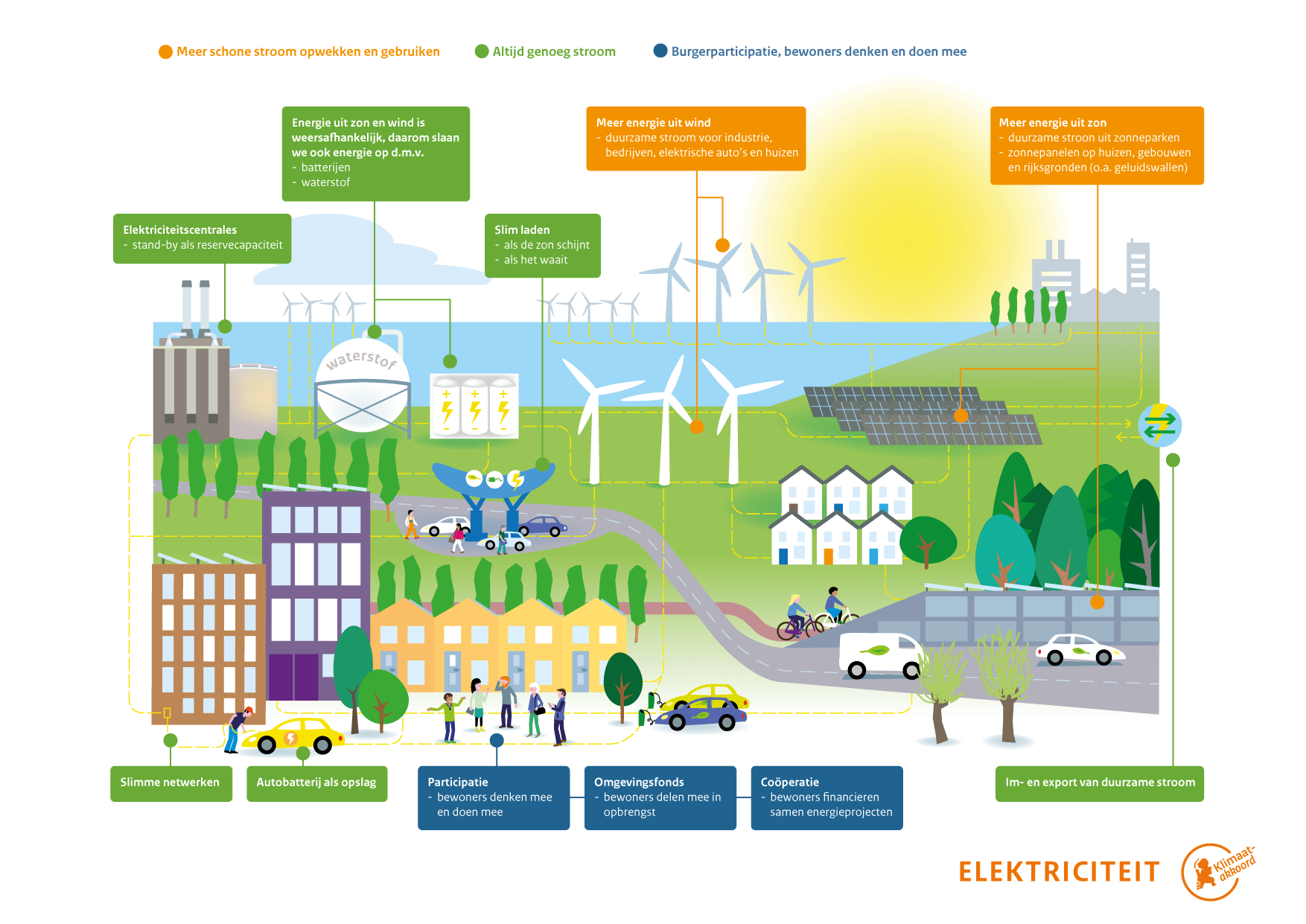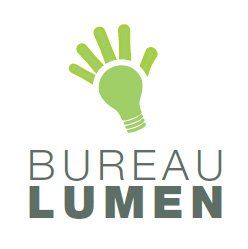Hydro power energy in relation to the Dutch climate agreement

Search the Dutch Climate Agreement
Why is it that energy from water is not high on the Dutch climate agenda? An energy source that is more predictable than wind and solar energy and less visually polluting. That is, after all, an essential question if you look at the ambitions of the government of The Dutch Government that have been written down in the climate agreement
at the end of June: 49% greenhouse reduction in 2030 compared to 1990. Or It could just be that by 2020 the Netherlands will agree to the European standard of 55%. With these ambitious plans it is clear that the government and 5 important industries want to focus on sustainable energy and the prevention of harmful emissions. The energy sector says it will no longer need a subsidy from 2025 and promises that 70% of the energy generated in 2030
will come from sun and wind. The climate agreement compares a 40-year time frame to the 2030 reference date, in which the best results must be achieved over the next 11 years. The 49% reduction will only succeed if the thinkers also start doing something and an appeal is made on the power of innovation.
Lobbying is a profession
The aim to innovate is a clear task in the triple helix in which governments, scientists and entrepreneurs work together with customers. If innovation is described as an incremental change that adds value (in this case, less emissions), hydro power energy, especially tide energy and small hydro power energy (river) in the Netherlands must therefore also come from these 3 parties. Innovations can go quickly, look at the commercial applications in artificial intelligence technology. However, why is the commercialization and innovation of hydro power energy so slow compared to its wind and solar sisters? Is it true that triple helix parties pay too little attention to this? Or should entrepreneurs lobby better in The Hague?
Potential goldmine
A study by Ecofys
commissioned by the Dutch Enterprise Agency (RVO) in 2017 predicts that by 2030 the potential of renewable energy could be between 27% and 34%, of which hydro power with the various techniques available such as tidal energy, wave energy, fresh-salt gradients (osmosis) and river energy would still take only a fraction. Worldwide, hydro power provides 16%
of the sustainable electricity supply, mainly old technologies such as the use of dams and energy from high hydro power water that is common in the Nordics and the Alps. These fully developed techniques understandably encounter a lot of environmental resistance.
The global development potential for hydro power energy, in particular tidal and wave energy, on the other hand, is enormous. Abroad, we do not have to sell the Netherlands as a water knowledge country in view of our experience with the Delta Works and water technology projects supervised by our well-known Dutch multinationals and architectural firms. Even our king is praised for his water knowledge. Knowledge at Dutch universities and institutes such as Marin and Deltares is also abundant. With the small hydro power energy opportunities in Dutch rivers, tidal energy at the Wadden and Zeeland and the potential multifunctional of the so called energy dikes, the potential of energy generation from water in the Netherlands is not huge, but it is diverse and ideal to anticipate the knowledge gained. You would say that this is a wonderful export product. A potential goldmine, with the right investments from the government, can also deliver prosperity and safety in foreign low-water areas in addition to export opportunities.
About
Guido Meijer is a (freelance) marketing manager and has been commissioned by Tidal Technology Center Grevelingendam
(TTC-GD) to study into the positioning of this technology center that focuses on marine & small hydro power energy.
Share
Opvallende zaken die marketing raken
